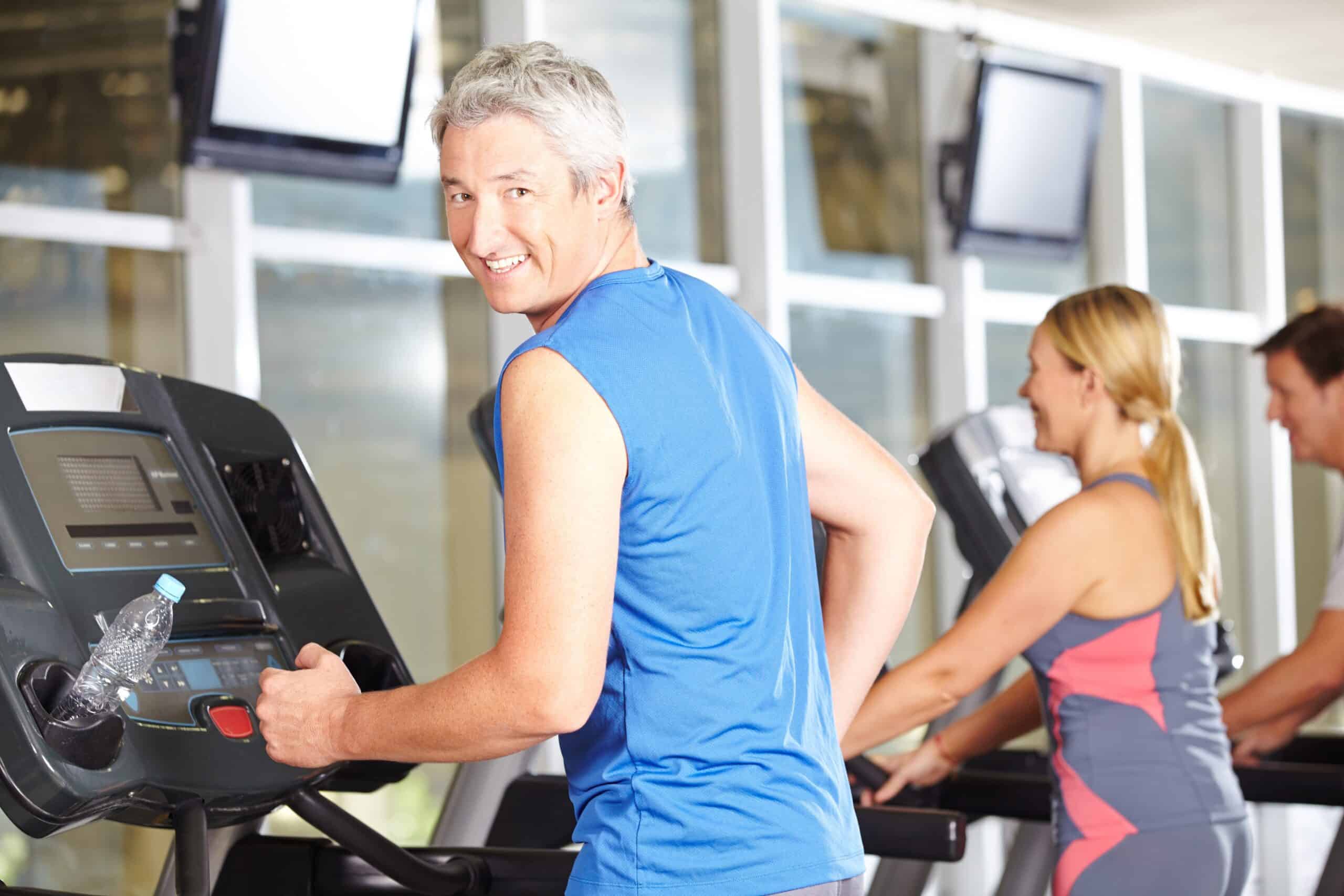The robot was developed as part of a study led by human robot interactions experts, as part of the research 10 participants engaged in sessions with the robot in a gym at the University of the West of England; participants were between the ages of 20-60, and they attended 3 sessions per week over the course of 3 months, being guided by the NHS Couch to 5K Programme.
“We wanted to test if we could transfer the intelligence of our fitness instructor, an expert with the know-how to get the best out of clients, into a robot so it could become an effective personal coach. We aimed to create an engaging motivational companion to get our runners through Couch to 5k, which is quite a long and drawn out exercise programme;” said human robot interaction expert Katie Winkle.
The participants were coached by two different versions of the robotic trainer: One being pre-programmed to give standard instructions every 30 seconds based on participant performance; and the other was a bespoke form of robot that had been given input from a UWE Bristol fitness instructor which had observed the human instructor motivating runners and replicated the behaviours. According to the researchers, participants preferred to engage with the socially intelligent robot and the participants also performed better with it.
“We successfully created the first assistive robot able to learn complex social behaviours that take into account unique personalities. With the initial help of a human ‘teacher’, the robot developed its own unique way of interacting with its human partners, guiding them through tasks, but also appropriately challenging, encouraging or praising them, as humans would do.”
“Understandably, they weren’t sure what to expect and when they started it was a bit of novelty. Some were energised by the robot and pushed themselves more than normal, and our fitness instructor was impressed with what the robot had learned to do. As time wore on, the participants began to treat the robot as a companion and the fitness instructor saw the robot as a colleague. This is really promising when we think about how robots might be used in the workplace in the future to work alongside humans,” said Winkle.
According to the researchers this is the first study of its kind to feature participation from a human expert in a field of study; the UWE expert fitness instructor was involved in designing the robot’s actions, teaching it, and then assisting with its evaluation.
“Our work shows a robot could be really useful in the gym, especially for people who would perhaps feel embarrassed with a human personal trainer. It’s great to see the robot was considered a colleague by our gym coach: the robot helps provide better support to the gym clients; he doesn’t see it as a threat to his role. More widely, the study demonstrated the potential for robots to be useful and effective in the real world, with many potential applications,” said Dr Severin Lemaignan of Bristol Robotics Laboratory.




